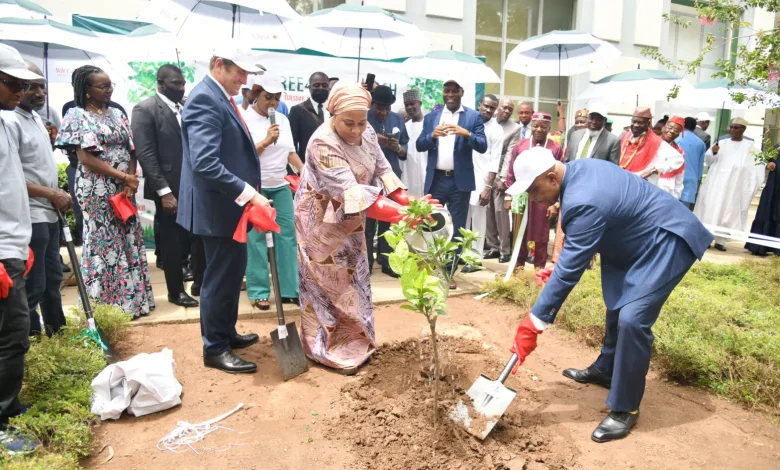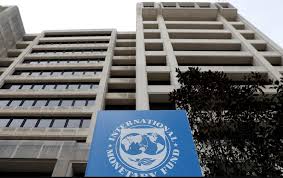
The Nigerian Bureau of Statistics (NBS) has recommended that the Nigerian Government promote tree replanting, as over 17 million households in Nigeria are currently relying on firewood for cooking. This finding comes from the new report titled “NIGERIA RESIDENTIAL ENERGY DEMAND-SIDE SURVEY REPORT 2024,” created in collaboration with key stakeholders including the Federal Ministry of Power, the Energy Commission of Nigeria, the European Union, and the International Energy Agency. The report focuses on decarbonization and the need for efficient energy supplies to foster economic growth and development.
The report indicates that approximately 40.7% of households in Nigeria purchased firewood in the past 30 days. This comes amid rising hardships in the country, prompting the government to encourage the adoption of cleaner fuel alternatives, such as gas, Compressed Natural Gas (CNG), Liquefied Natural Gas (LPG), and solar energy, rather than relying on petrol.
The survey assessed 63,742,899 household members (48.2% female and 51.8% male), covering a total of 12,734,044 households across Nigeria’s six geopolitical zones, including Akwa Ibom, Bauchi, Ekiti, Oyo, Enugu, Kwara, Plateau, Kano, and Sokoto. According to Worldometer, Nigeria’s population as of October 2024 stands at 234,243,959, which translates to approximately 42,057,041 households. This means around 17,243,386 households cannot afford cleaner cooking methods and resort to using firewood.
Nigeria’s Energy Transition Plan aims for net-zero emissions by 2060, as pledged at the 2021 UN Climate Change Conference (COP26), emphasizing the need to diversify energy sources.
The survey revealed that 41% of households reported purchasing firewood, with 39% cutting or collecting it themselves, while only 18.9% used alternative methods like bartering or borrowing. More than half of the firewood sourced by households consisted of branches, stems, and trees, with 67.8% using it for domestic, agricultural, commercial, cultural, or religious purposes.
The report also noted that 22% of households used charcoal, with 21.6% purchasing it and only a small percentage sourcing it through personal production or other means. Additionally, 19.4% of households reported using LPG, making it common among one in five households, with an average monthly expenditure on LPG estimated at ₦10,239.7.
Moreover, over 58% of households are connected to the national grid, with 86.6% having electricity during the survey period. Among those connected, 85.2% used an estimated billing system, while 14.8% had pre-paid meters. The average monthly electricity expenditure was estimated at ₦4,155.8 during the reference period.





